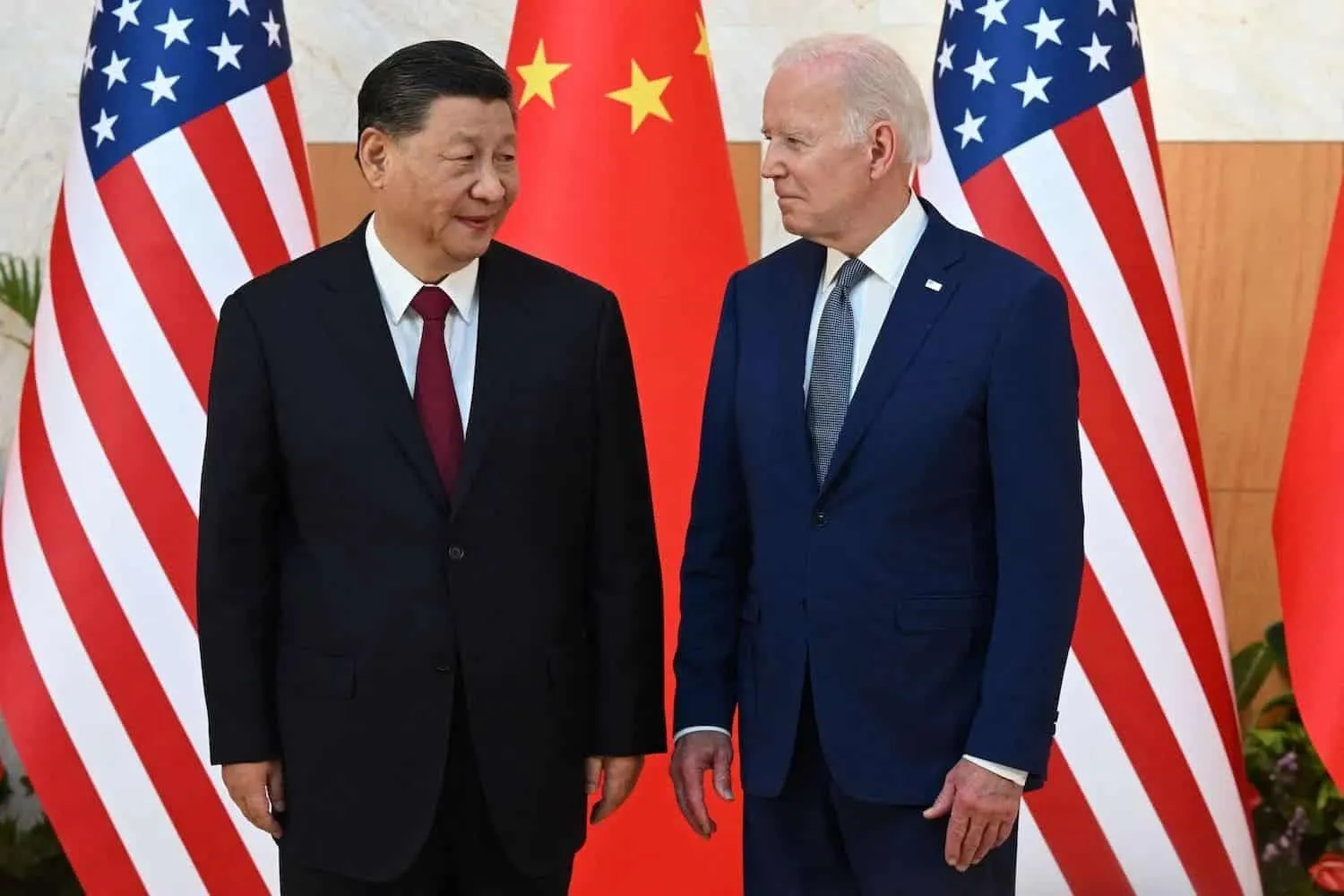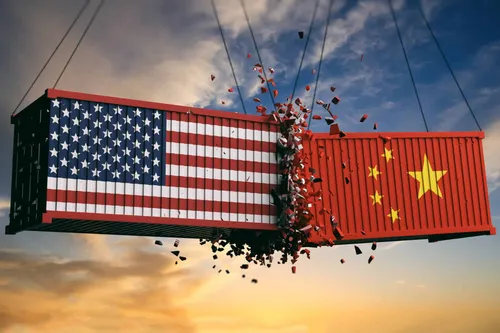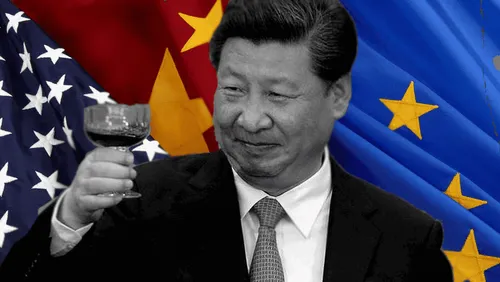
Over the years, the U.S. has been blacklisting several Chinese firms citing "national security". From time to time, Chinese authorities kick against these bans but that did not change anything. China has recently banned Micron, the largest U.S. semiconductor maker from doing business with Chinese brands, citing "national security risks". This is coming from an Aljazeera report. According to Reuters, the U.S. has banned Chinese brands like Huawei and ZTE citing the same "national security risks". In terms of the reason for the ban, it doesn't go beyond "national security risks". The U.S. cites national security for banning Chinese firms and China is now doing the same for banning Micron.

U.S cry foul over China's ban on Micron
According to the Wall Street Journal, the ban on Micron has led to pressure on the Biden administration to respond to Beijing's blacklisting of Micron Technology. In a Reuters report, Commerce Secretary, Gina Raimondo stated that the United States "won't tolerate" China's effective ban on purchases of Micron Technology memory chips. She claims that they are working closely with allies to address such "economic coercion". Raimondo has also said that the U.S. "firmly opposes" China's actions against Micron and sees it as plain and simple economic coercion. U.S. lawmakers are urging Washington to strike back against China for its decision to bar Micron Technology's memory chips.
The U.S. has previously banned exports to China of high-end chips and the technology to make them. Raimondo and her Chinese counterpart met on May 26, 2023, to discuss the issue, and Raimondo reiterated that Washington sees the ban as economic coercion and won't tolerate it.
Why is the U.S. crying foul
The US is kicking against Micron's ban by China for several reasons. Here are some key points from the search results:
- Lost revenue: A Reuters report claims that Micron warned that the ban on selling to Chinese brands working on key projects could cost it as much as a "high single-digit" percentage of its annual revenue.
- Economic coercion: US Commerce Secretary Gina Raimondo said the US "won't tolerate" the recent decision by China to ban chips by Micron Tech. Inc. in some critical sectors. She called it "economic coercion" and said Washington sees the action on Micron as having "no basis in fact".
- Tensions between the US and China: According to "the star phoenix", the ban on Micron's chips is seen as a retaliation against sanctions imposed by Washington and its allies on China's chip sector.
- Impact on South Korea: South Korea, a major trade partner with China and a security partner with the US, is expected to respond to the Micron ban. Its companies, in particular Samsung and SK Hynix, have the most to gain from the Micron ban. The two companies stand to pick up customers from Micron.
U.S - China trade war
There have been growing tensions between the U.S. and China in recent years. The US - China trade war has a complex history with many factors leading to its escalation. The US - China trade war began in 2018 and has been marked by a series of back - and - forth negotiations. There has been a tit - for - tat tariff war, and foreign tech bans mostly by the U.S. on Chinese brands.

According to the Centre for International Governance Innovation, the trade war was largely a result of "really terrible, wrong-headed steps" by the Trump regime. A report by Larisa Kapustina and others from the Ural State University of Economics and the University of Economics in Bratislava lists the following as the reasons for the trade war
- To reduce the deficit of bilateral trade and increase the number of jobs
- To limit access of Chinese companies to American technologies and prevent digital modernization of the industry in China
- To prevent the growth of China’s military strength
- To reduce the federal budget deficit
The authors stressed that trade wars have no winners, as the global economy history proves. However, they note that though both sides suffer losses, the US has had a long record of winning negotiations.
Businessinsider reports that there have been many trade fights throughout history. But in some cases, trade wars can have political and diplomatic consequences worldwide. A report from pile also reveals that the US and China have a long history of economic rivalry. But since 2017, the Trump administration's challenges to China's business activities and subsequent US and retaliatory tariffs by China, and other actions, have spiralled into a full-blown economic and trade war.
Editor's Opinion
For many years, the U.S. has been banning Chinese brands and even tightening these bans from time to time. At the moment, Huawei can not sell its mobile phones in the U.S. but Apple is selling freely in China. The U.S. and its allies are spending billions of dollars to remove Chinese firms like Huawei and ZTE from their communication network. These have been going on for years without any major response from China. It was only a matter of time before China responds and do the same thing that the U.S. has been doing.
In all honesty, a layman can not verify "national security risk" claims by governments. The details that help to verify these things are often classified for good reasons in many cases. Thus, it is hard to tell. These bans are most likely part of a years-long escalation of US bans on Chinese tech that began with President Donald Trump and has continued under President Joe Biden's administration.
Loading






